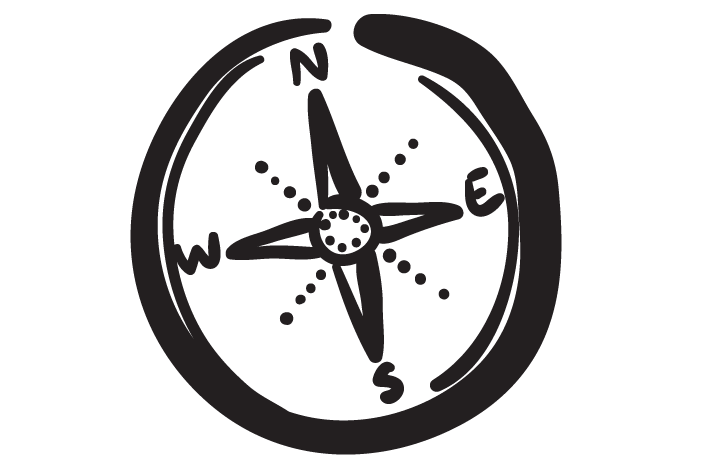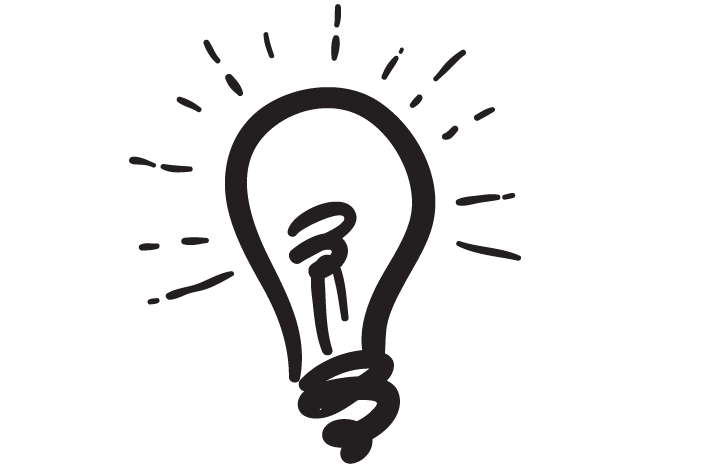Rangatahi tāne, taitamatāne & tāne
gender, racialisation, and online ethicsRangatahi tāne, taitamatāne & tāne
gender, racialisation, and online ethics
Nau mai haere mai ki Shifting the Line
This section explores the unique considerations and needs of Māori boys and men.
The content is still being developed for this page. In the meantime, you might be interested in some other information and support.
HAWKE'S BAY GROUP AIMS TO FIGHT MALE SUICIDE
A group of tāne in Hawke’s Bay have taken a deeply confronting journey into manhood, as they aim to improve their mental health.
STANDING TALL
Standing Tall NZ aims to support Māori and Pacific men, support crew and external community services online with the topic of sexual abuse recovery.
VIDEOS
We used these videos within the workshops as examples of where young men and men in Aotearoa discussing gender norms, sexism, and intervening.
He kākano ahau – identity, Indigeneity and wellbeing for young Māori (Indigenous) men in Aotearoa/New Zealand
Logan Hamley and Jade Le Grice’s article examines how dominant Eurocentric approaches to mental health are unable to address the diverse needs of young Māori men in Aotearoa/New Zealand. Drawing on current health inequities facing Māori and young Māori men in particular, this commentary explores how colonisation has impacted young Māori men in negative ways. Through shaping current health structures in Aotearoa/New Zealand, dominant Eurocentric approaches foreground individualised conceptualisations of Māori ill-health, and then apply predominantly Western therapies to resolve this. These approaches are ill-equipped to address the intergenerational and structural issues which are at the root of mental health disparities for young Māori men. This article adds to a growing body of Indigenous psychology literature that speaks to the inadequacies within (mental) health systems for addressing the ongoing challenges that Māori experience due to colonisation. It further highlights how the intersections among ethnicity/race, class, age and masculinity for Māori men are shaped by colonial discourses. These inadequacies reflect a broader issue of the constraints placed on Māori self-determination by the colonial systems of power in Aotearoa/New Zealand. The article closes by proposing some alternative approaches to supporting Māori wellbeing that centre the needs and aspirations of Māori.
